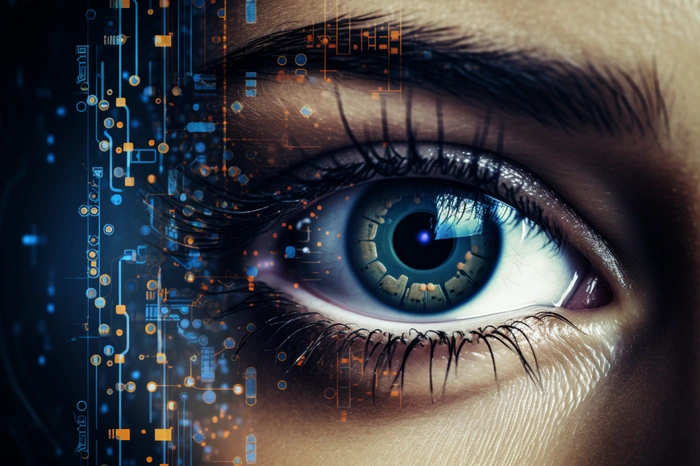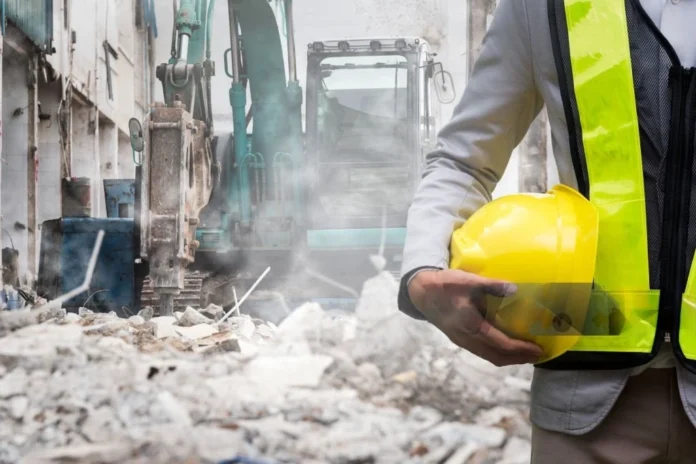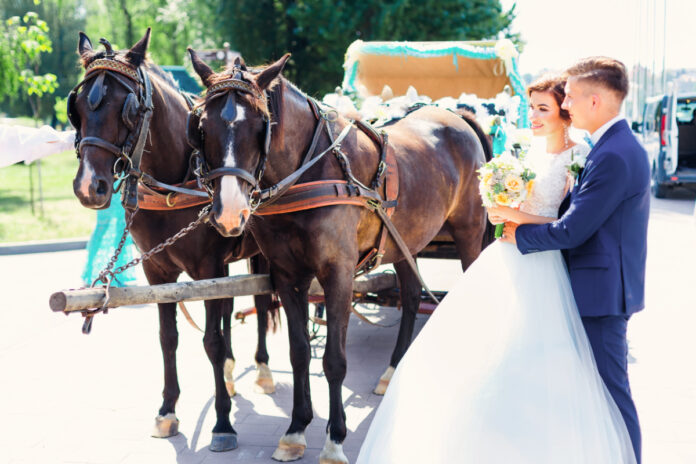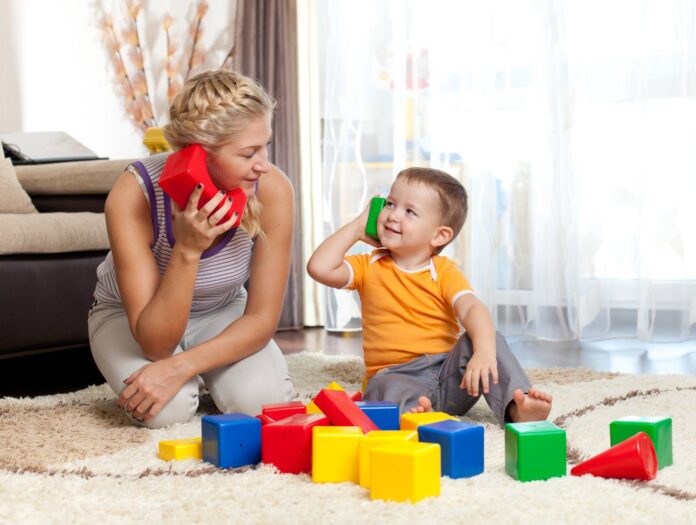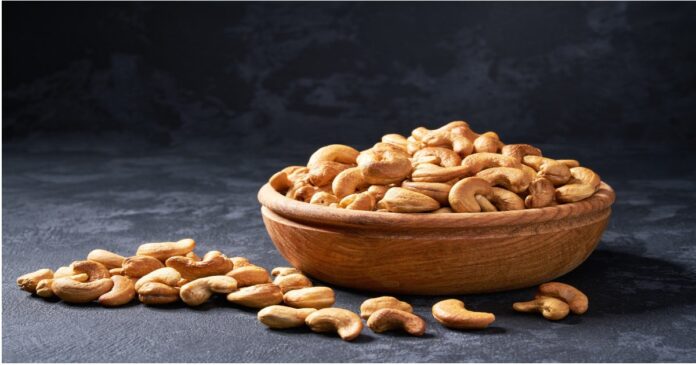Artificial Intelligence (AI) and Machine Learning (ML) have become foundational technologies in the field of image processing. Traditionally, AI image recognition involved algorithmic techniques for enhancing, filtering, and transforming images. These methods were primarily rule-based, often requiring manual fine-tuning for specific tasks. However, the advent of machine learning, particularly deep learning, has revolutionized the domain, enabling more robust and versatile solutions.
Deep learning techniques like Convolutional Neural Networks (CNNs) have proven to be especially powerful in tasks such as image classification, object detection, and semantic segmentation. These neural networks automatically learn features and patterns from the raw pixel data, negating the need for manual feature extraction. As a result, ML-based image processing methods have outperformed traditional algorithms in various benchmarks and real-world applications.
AI image recognition
The combination of AI and ML in image processing has opened up new avenues for research and application, ranging from medical diagnostics to autonomous vehicles. The marriage of these technologies allows for a more adaptive, efficient, and accurate processing of visual data, fundamentally altering how we interact with and interpret images.
The advent of artificial intelligence (AI) has revolutionized various areas, including image recognition and classification. The ability of AI to detect and classify objects and images efficiently and at scale is a testament to the power of this technology. Google Cloud has introduced a new Jump Start Solution that harnesses this power, providing an end-to-end demonstration of how developers can architect an application for image recognition and classification using pre-trained models.
The AI/ML Image Processing on Cloud Functions Jump Start Solution is a comprehensive guide that helps users understand, deploy, and utilize the solution. It leverages pre-trained machine learning models to analyze user-provided images and generate image annotations. This solution can be used in various applications, such as digitizing text from physical documents, identifying and handling unsafe or harmful user-generated content, or providing a solution to detect and classify objects and images at scale.
Train AI to recognize and classify images
Other articles you may find of interest on the subject of fine tuning large language models and AI :
When architecting the solution, developers need to consider three key elements: Storage, Compute, and Artificial Intelligence. The Jump Start Solution uses Google Cloud’s Cloud Storage for storage, Cloud Functions for computation, and the Cloud Vision API for artificial intelligence. The Cloud Vision API, accessible through REST and RPC APIs, can be used to detect objects, read handwriting, and build valuable image metadata with pre-trained machine learning models.
Jump Start Solution by Google
The Jump Start Solutions are designed to be deployed and explored from the Google Cloud Console with packaged resources. They are built on Terraform, a tool for building, changing, and versioning infrastructure safely and efficiently, which can be modified as needed. While these solutions are not production-ready, they include examples, patterns, and recommended Google Cloud tools for designing your own architecture for AI/ML image-processing needs.
The solution consists of an image processing service that analyzes input images and generates annotations for the images using pre-trained machine-learning models. This image-processing service can be invoked in two ways: by calling its REST API directly or by uploading images to an input Cloud Storage bucket. The Cloud Function calls the Cloud Vision API to analyze and annotate the image, and the REST API returns annotations in the form of JSON to the user. The Cloud Function then stores the resulting prediction and annotation for the image in Cloud Storage.
The Jump Start created by Google guides users through these steps, providing a deployed solution for exploration. However, it’s important to note that this solution is for demonstration purposes only and is not intended to be used in a production environment. Links are provided to deploy the Jump Start Solution and to access additional learning resources.
The AI/ML Image Processing on Cloud Functions Jump Start Solution is a powerful tool for developers looking to harness the power of AI for image recognition and classification. By leveraging Google Cloud’s robust infrastructure and pre-trained machine learning models, developers can build efficient and scalable solutions for image processing.
Filed Under: Guides, Top News
Latest Aboutworldnews Deals
Disclosure: Some of our articles include affiliate links. If you buy something through one of these links, Aboutworldnews may earn an affiliate commission. Learn about our Disclosure Policy.

